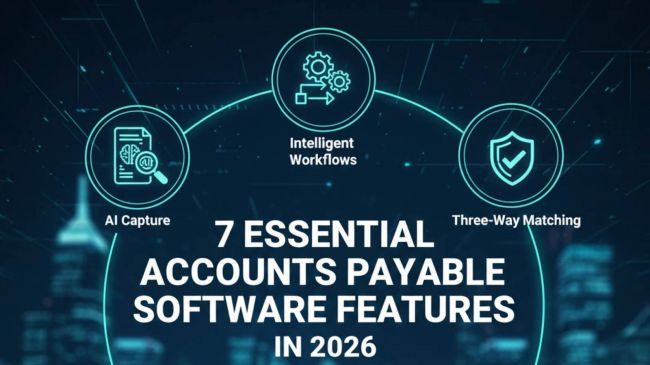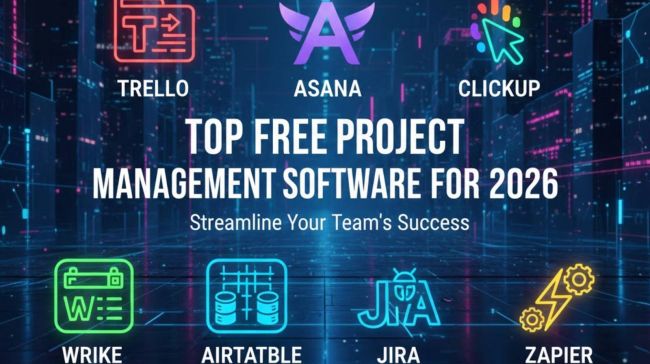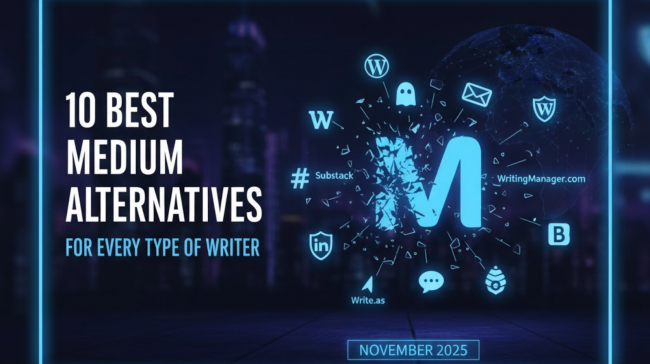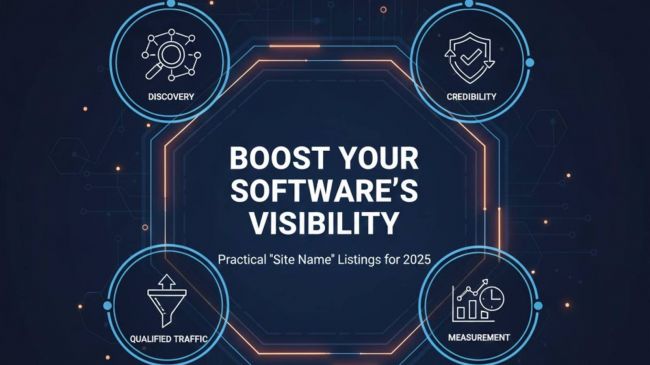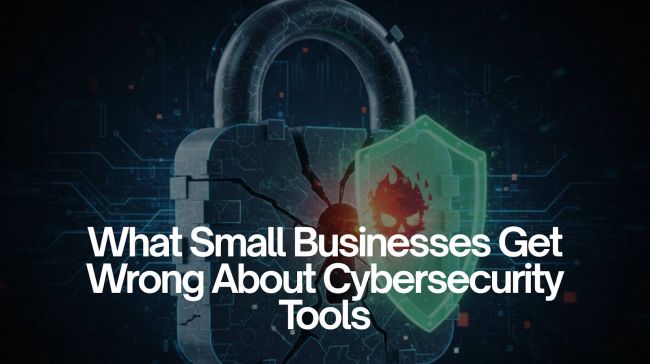Legal technology isn’t just about flashy new platforms or big-budget software. It’s about how very specific tools are reshaping daily work inside law firms, corporate legal departments, and even courtrooms. Some of these tools tackle challenges that have existed for decades, like compliance or document review. Others are creating entirely new ways to connect legal professionals with clients or make processes faster without losing accuracy. If you want to see where the legal field is genuinely changing, you have to look beyond broad trends and into the niches where technology is making the work cleaner, quicker, and more precise. These five areas show just how wide legal tech’s influence has become.
Compliance Tools That Think Ahead
Compliance used to be treated like a box to check, often handled reactively when regulations shifted or audits came knocking. That’s changing. The smartest legal departments now treat their compliance strategy as a core part of business continuity, using a well-built compliance solution to catch problems before they grow into costly legal disputes. These systems don’t just store records; they actively track regulatory changes, send alerts, and help teams document proof of adherence in real time.
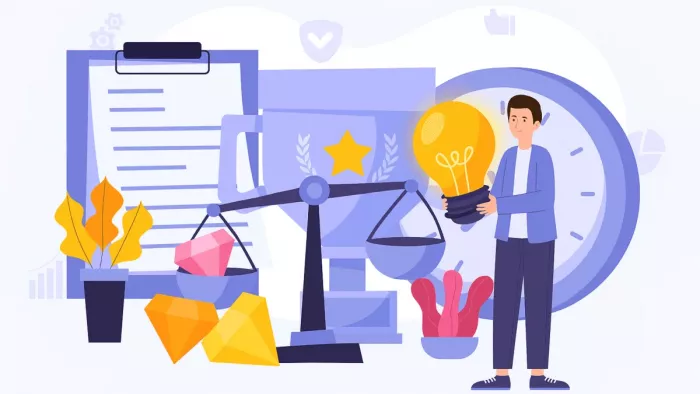
The most valuable shift here is that technology has turned compliance into a forward-looking process. Instead of scrambling to adapt when new laws hit, companies can map out exactly how requirements will affect different operations. In sectors like finance, healthcare, or manufacturing, this proactive approach is crucial.
As noted in Forbes Tech Council’s 2025 analysis, the most meaningful impact of technology in law often begins at the community level, where early compliance and accessibility reduce risk before litigation ever occurs.
Modern Court Reporting That’s Easy to Access
Accurate transcripts are the backbone of many legal proceedings, but finding the right professional isn’t always simple, especially in high-volume litigation hubs. Legal tech has made that process faster, giving firms access to skilled professionals who can work in person or remotely without losing speed or precision. In fact, if you need qualified court reporters in Philadelphia, New York, Boston, or wherever you’re located for a time-sensitive case, today’s platforms can match you with nearby vetted experts who handle everything from real-time transcription to secure delivery of the final record.
The advantage goes beyond location. Technology has expanded how court reporting can be integrated into a case. For example, a reporter can connect to a virtual deposition, produce an instant live feed of testimony, and securely upload the transcript for same-day review. This shortens the timeline for case preparation, keeps attorneys better informed, and supports clients who want faster answers. By making specialized talent easier to find and book, these tools have removed a major bottleneck in litigation workflows.
Statistical insights from Statista’s legal-tech overview show steady global growth in these specialized services, particularly in markets where hybrid and virtual hearings have become standard practice.
AI-Powered Contract Review That Cuts the Clutter
No one goes into law because they love combing through 200-page agreements line by line, but contract review has always been unavoidable. AI is changing that. Today’s review tools don’t just flag missing clauses or formatting errors, they also interpret language, identify risky terms, and suggest revisions that align with company policy. This kind of pattern recognition is particularly useful when you’re working with a stack of vendor contracts that all need to meet the same set of standards.
The speed is impressive, but the bigger benefit is consistency. When multiple lawyers or paralegals work on contracts, even small differences in interpretation can create headaches later. AI standardizes the contract process, which means fewer surprises when disputes arise.
Virtual Mediation and Arbitration Platforms
Alternative dispute resolution has gone virtual, making conflict resolution more affordable and accessible.
Secure online platforms combine video conferencing, evidence management, and private client “rooms”, reducing travel, time, and cost. For cross-border cases, virtual mediation eliminates the friction of geography while preserving confidentiality and neutrality.
These systems echo the creative workflow platforms reshaping other industries. For instance, tools like Supawork AI demonstrate how intelligent automation can turn complex inputs into structured, shareable output. Legal mediation tech applies the same philosophy,using AI to organize, summarize, and accelerate human-led negotiations.
E-Discovery That Knows What You’re Looking For
The volume of digital evidence in modern litigation is staggering. Emails, chat logs, cloud-stored documents, and even metadata can be key to a case. Traditional review methods are too slow for this scale, which is why e-discovery platforms have become indispensable. These systems use AI to search and categorize massive datasets, filtering out irrelevant material and highlighting documents that match specific criteria.
What’s changed in recent years is the sophistication of these searches. Instead of just matching keywords, the software can understand context, spot patterns in communication, and even detect when certain topics are being discussed without using obvious terms. This cuts down on wasted hours and reduces the risk of missing critical evidence buried in gigabytes of data.
The Takeaway
Legal technology isn’t a distant revolution—it’s already inside the workflow. Each of these niches, compliance, reporting, contract automation, mediation, and discovery, demonstrates how innovation is making legal work cleaner, quicker, and more precise.
Firms that adopt these tools aren’t chasing trends; they’re setting new standards for accountability, transparency, and client confidence in a digital-first era.
Post Comment
Be the first to post comment!
